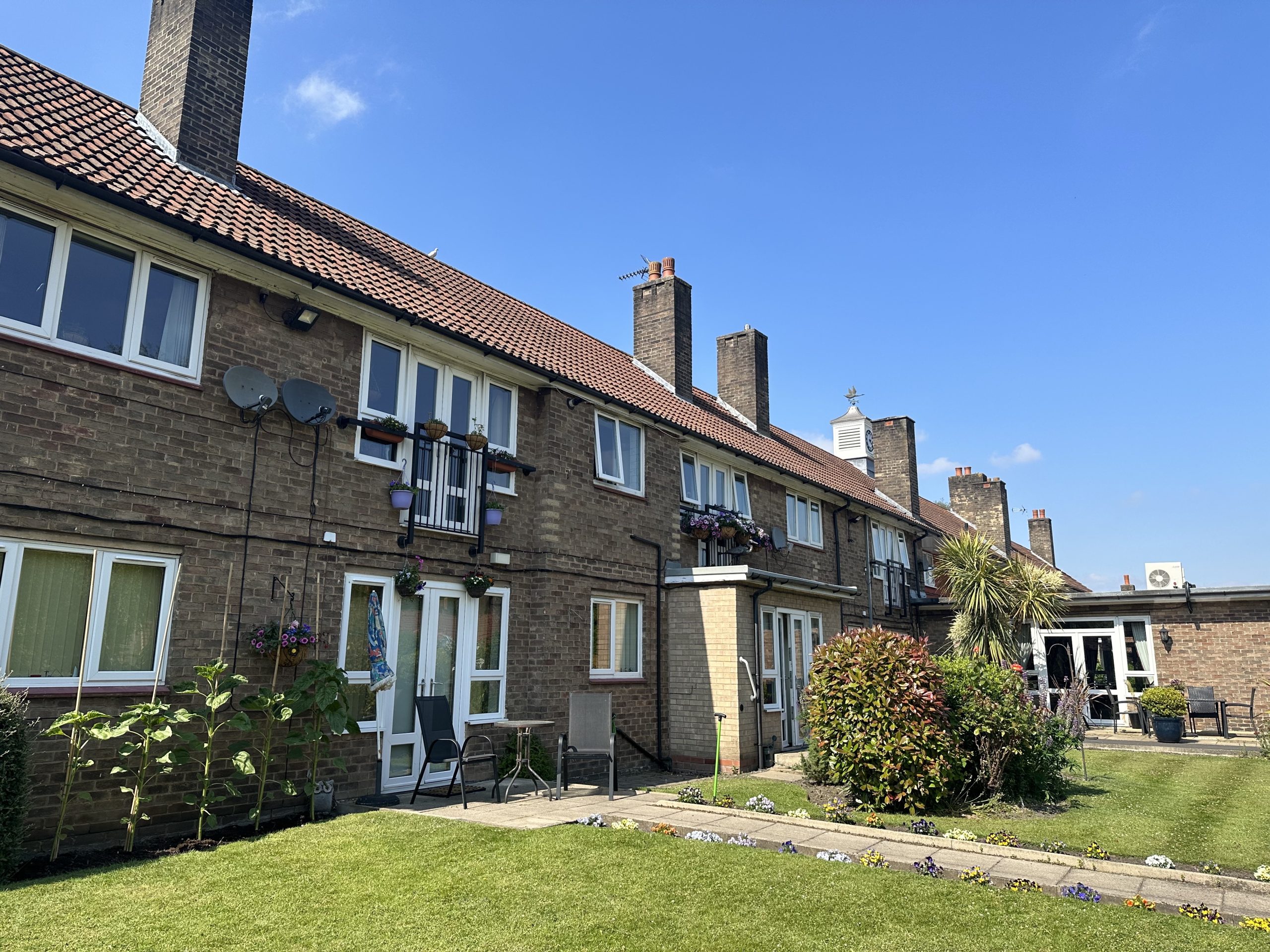Statement on 3-4 Station Road and CB1 development

Cambridge City Council, South Cambridgeshire District Council and the Greater Cambridge Shared Planning Service recently received a series of questions from a media organisation regarding the development at 3-4 Station Square, Cambridge (formerly Murdoch House) and the wider ‘CB1’ development. The questions, along with the full responses sent to the media organisation were as follows.
Taking into account that one in five of the apartments in 3&4 Station Square have been leased to purchasers based overseas after being marketed internationally, does the council stand by its planning officer’s analysis that the proposals for Murdoch House did not require any affordable homes to be included?
Planning Applications need to be considered based on the material in front of the Planning Authority at the time of determination. Regarding 3&4 Station Square, the applicants argued that the development was not viable if affordable homes were included.
The council employed independent viability experts to review the applicant’s financial appraisal in line with the government’s national practice guidance. The valuation exercise partially reflected the high existing use value of the former commercial building.
Subsequent market conditions and costs may have changed, however, the process that the council followed was consistent with approved practice and national planning policy requirements that still apply to developments.
What is the council’s response to a councillor’s assertion that the CB1 development has not ‘done anything for the local community’ and has not ‘lived up to promises’?
The original masterplan for the CB1 area sought to bring about comprehensive redevelopment of the area around the railway station with a range of new uses.
As the development of the CB1 area has progressed, significant new commercial and office space has been created, which has attracted premium global companies and jobs to the heart of the city. Some 325 new homes (121 affordable or 37%) have also been constructed and 1,085 student apartments have been delivered, along with 6,000 new cycle parking spaces and over £10m of private sector contributions to the railway station, public art, transport infrastructure, education and public open space. CB1 has also delivered new spaces and a new public arrival point outside the railway station.
There will always be a range of views on comprehensive development such as CB1. The council continues, therefore, to listen to the view of residents, businesses, and the community at large and evolve its planning and design policies and approach accordingly.
How far does the council accept that sales of new-build properties overseas is adding further heat to Cambridge’s property market, driving up property prices and making the city less affordable for people seeking to live and work here?
The council has not seen evidence that the increase in property prices in the City is caused by foreign or overseas sales of a small number of properties (relative to the total housing stock in the City) to people based overseas.
To what extent does the council believe there needs to be controls placed on developers selling new-build property on the international market?
There is currently no mechanism available which would enable the council to control the purchase of property interests through the planning process. Some councils have introduced measures to manage occupancy of homes (such as second homes) and introduced incentives to reduce vacancy rates but that is a separate matter to ownership of the buildings or property – which the council would not have the capacity or resources to control even were such controls available.
For market sales of residential properties on the council’s own land, the council generally focuses on local/national marketing and does restrict purchases to one purchase per buyer with the aim of removing the attraction of properties to major investors who prefer to buy in bulk numbers.
Has the council taken any enforcement action against landlords at 3&4 Station Square?
The council is not aware that the development is in breach of any planning controls. On that basis, there is no case for taking enforcement action.
Has the council conducted any “lessons learned” exercises or similar following the planning, construction and sale of 3&4 Station Square, and if so, what lessons were learned and how were changes implemented?
The council always keeps its decisions under review – mindful of the potential for lessons to be learnt around the processes we follow, and the outcome delivered through the planning process.
Note on affordable housing: The National Planning Policy Framework defines affordable housing – and indicates a range of potential forms for it to take within a development. Cambridge City Council nevertheless has a tighter definition than the Policy Statement for Rent for Social Housing published in February 2019 (which states “the rent for affordable rent housing (inclusive of service charges) must not exceed 80% of gross market rent”). Cambridge City Council’s position in The Greater Cambridge Housing Strategy 2019-2023 – Annex 11 (Affordable rents policy) defines affordable rent as: “The rent for Affordable Rent housing (inclusive of eligible property-related service charges) should not exceed 60% of gross median market rent in Cambridge City for that size of property, location type and service provision, or the current Local Housing Allowance rate, whichever is the lower”.
The council does, however, use 80% of market rents for properties developed above the policy requirement of 40% of housing developments, targeted at an intermediate rental need. This remains in line with the housing strategy point 12: “Where the design and quality of homes is above national or local standards to help achieve the councils’ objectives in relation to zero carbon homes and tackling fuel poverty, consideration will be given for Affordable Rents to be charged at up to 80% of a median market rent.”













